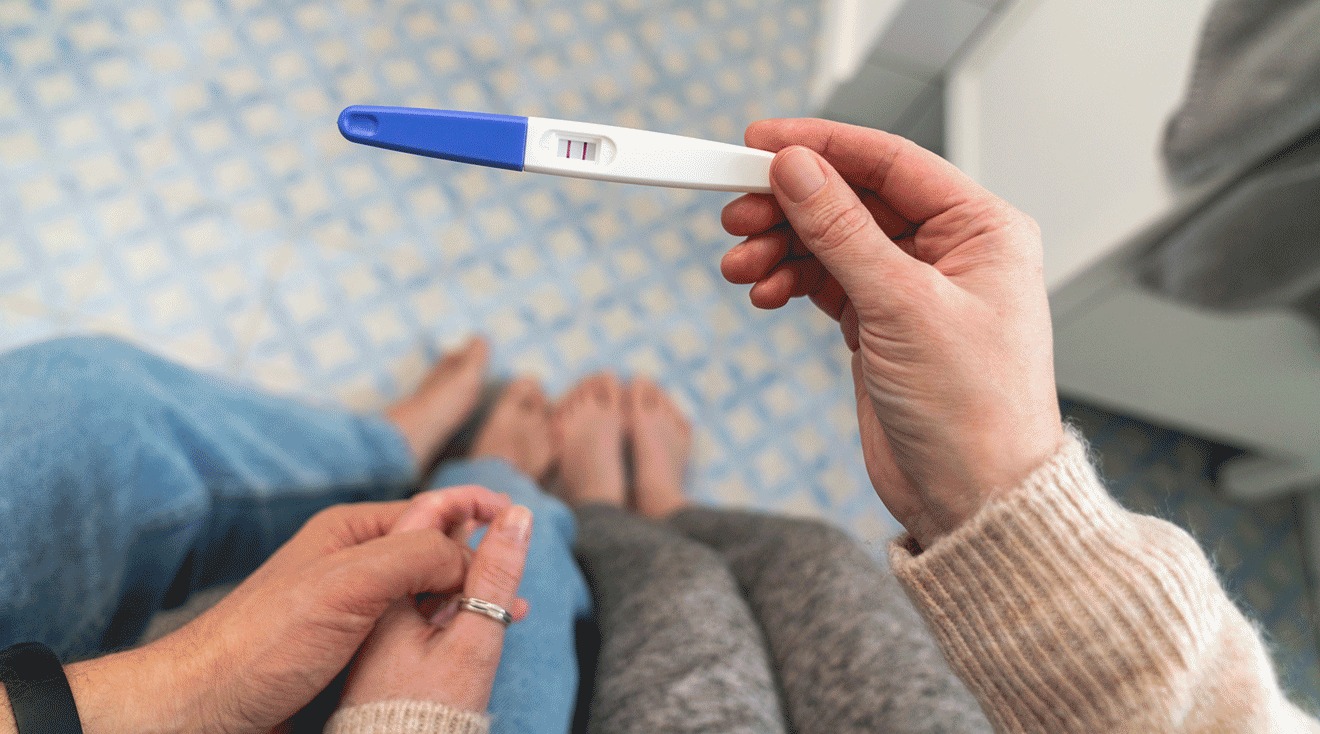Everything You Need to Know About Confirming Your Pregnancy and Early Symptoms
Confirming a pregnancy is an exciting yet crucial step for expecting mothers. Knowing
whether you are pregnant helps you initiate appropriate prenatal care, ensuring the
health and well-being of both you and your baby. This comprehensive guide will walk
you through how to confirm a pregnancy effectively.
Recognizing Early Pregnancy Symptoms
Before taking a test, it’s essential to be aware of common early pregnancy symptoms,
which may include:
- Missed Period: Often the first sign of pregnancy.
- Morning Sickness: Nausea that may occur at any time of the day.
- Breast Changes: Tenderness and swelling due to hormonal shifts.
- Fatigue: Increased progesterone levels can lead to tiredness.
- Mood Swings: Hormonal fluctuations can impact your mood.
Understanding Pregnancy Testing
The primary method for confirming pregnancy involves pregnancy tests that detect the
presence of the hormone human chorionic gonadotropin (hCG). This hormone is
produced shortly after a fertilized egg attaches to the uterine lining, making it a reliable
indicator of pregnancy.
Types of Pregnancy Tests
- Urine Pregnancy Test (UPT): The UPT is the most accessible method for home
testing. Available at pharmacies, these tests are simple to use. For optimal
accuracy, it’s recommended to take the test after your missed period, as this
allows hCG levels to build up in your urine. Be sure to follow the instructions
carefully and read the results within the specified time frame.
- Blood Test: For a more sensitive and accurate confirmation, a blood test can be
performed at a healthcare facility. There are two types:
o Qualitative hCG Test: This test checks for the presence of hCG.
o Quantitative hCG Test: This measures the exact level of hCG, which can
provide insights into the viability of the pregnancy.
Next Steps After a Positive Test
If your test is positive, it’s crucial to schedule an appointment with your healthcare
provider promptly. Early prenatal care is vital for monitoring your health and that of
your baby. During your first visit, you can expect:
Confirmation of Pregnancy: Your doctor may conduct Ultrasound, The Final
Confirmation.
- Medical History Review: Discuss previous health issues and pregnancies.
- Physical Examination: A general check-up and pelvic exam.
- Prenatal Care Plan: Your doctor will outline necessary tests and schedule future
appointments.
Ultrasound: A Definitive Method for Confirmation
While urine and blood tests are effective in detecting pregnancy, an ultrasound offers
definitive confirmation and valuable insights into the pregnancy’s progress. Typically
performed around six weeks after the last menstrual period, this imaging technique uses
sound waves to create visual images of the developing embryo within the uterus
Why Ultrasound is Important:
- Confirm Pregnancy Location: Determines whether the pregnancy is intrauterine
or ectopic.
- Assess Embryonic Development: Evaluates the embryo’s growth, ensuring it is
progressing as expected.
- Detect Heartbeat: Detects the fetal heartbeat, typically visible by six weeks
gestation.
- Evaluate Multiple Pregnancies: Confirms the presence of multiple embryos.
The ultrasound is non-invasive and usually requires only a few minutes, performed
either transabdominally or transvaginally, depending on the pregnancy’s stage and
physician’s preference.
Key Takeaways
Confirming a pregnancy marks the beginning of an incredible journey. Whether you use
a urine test, opt for a blood test, or schedule an ultrasound, understanding each step
can alleviate anxiety and promote early prenatal care. If you suspect you are pregnant,
reach out to your healthcare provider for guidance and support.


































